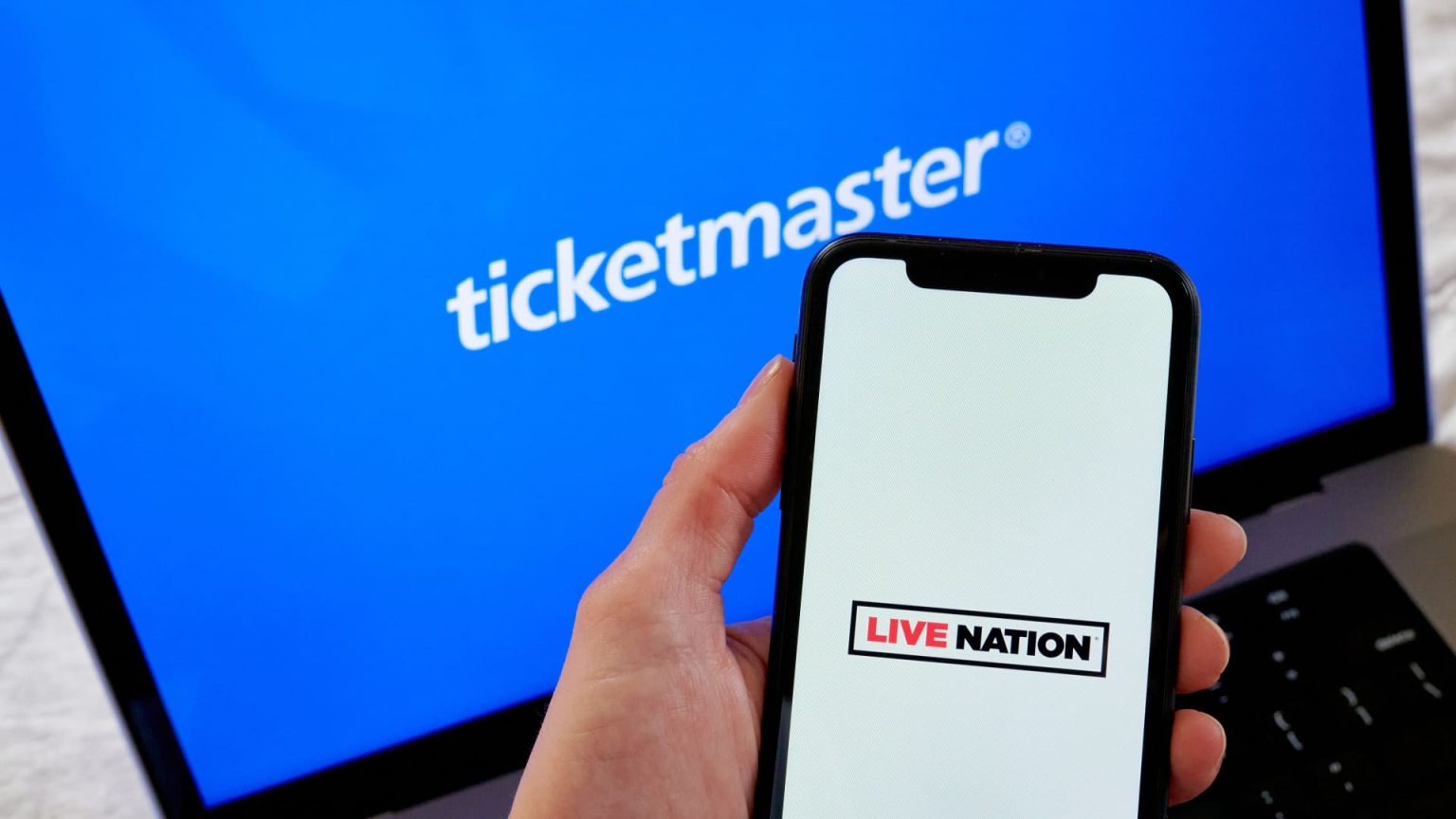The U.S. Department of Justice is suing to break up Live Nation, the parent company of Ticketmaster, over alleged antitrust violations.
The lawsuit, joined by 30 states and filed Thursday, follows a DOJ investigation into whether Live Nation maintains a monopoly in the ticketing industry, a probe launched in 2022 and bolstered by fan complaints following a botched roll out for tickets to Taylor Swift’s Eras tour.
“We allege that Live Nation relies on unlawful, anticompetitive conduct to exercise its monopolistic control over the live events industry in the United States at the cost of fans, artists, smaller promoters, and venue operators,” said Attorney General Merrick Garland in a statement. “The result is that fans pay more in fees, artists have fewer opportunities to play concerts, smaller promoters get squeezed out, and venues have fewer real choices for ticketing services. It is time to break up Live Nation-Ticketmaster.”
Shares of Live Nation were down 5% Thursday morning.
In a statement, Live Nation said the DOJ’s allegations of a monopoly are “absurd.”
“The DOJ’s complaint attempts to portray Live Nation and Ticketmaster as the cause of fan frustration with the live entertainment industry. It blames concert promoters and ticketing companies—neither of which control ticket prices—for high ticket prices. It ignores everything that is actually responsible for higher ticket prices, from increasing production costs to artist popularity, to 24/7 online ticket scalping that reveals the public’s willingness to pay far more than primary tickets cost,” said Dan Wall, Live Nation executive vice president for corporate and regulatory affairs.
Live Nation and Ticketmaster merged in 2010, creating a dominant entity in the live event industry. The company operates and manages ticket sales for live entertainment globally and also owns and operates more than 265 entertainment venues in North America, including more than 60 of the top 100 amphitheaters, according to the DOJ lawsuit.
Through Ticketmaster, Live Nation controls roughly 80% or more of major concert venues’ primary ticketing for concerts, the complaint said.
The Justice Department lawsuit, filed in the U.S. District Court for the Southern District of New York, accuses Live Nation of maintaining a self-reinforcing business model by capturing fees and revenue from concert fans and sponsorships, which it then uses to lock artists into exclusive promotion deals that give the artists access to key entertainment venues across the country. Live Nation then uses that dominance to lock new concert venues into long-term exclusionary contracts, thereby restarting the cycle, the lawsuit claims.
Live Nation is also accused of threatening financial retaliation against potential competitors and venues that work with rivals; strategically acquiring smaller and regional competitive threats; and exploiting a relationship with venue partner Oak View Group, flipping the latter’s contracts over to Ticketmaster and discouraging competition in concert promotions.
Live Nation made headlines last year when a surge of demand from 14 million users, including bots, for Taylor Swift concert tickets led to site disruptions and slow queues. A Senate subcommittee issued a subpoena to Live Nation and Ticketmaster in November 2023, following a months-long probe prompted by the exorbitant inflated ticket prices in Swift’s Eras tour.
Steep prices for the U.S. shows led scores of fans to seek out tickets to Swift’s tour in other countries, which could be often be cheaper even after international air travel.
“Music fans in the United States are deprived of ticketing innovation and forced to use outdated technology while paying more for tickets than fans in other countries,” the DOJ said in a press release.
Live Nation said Thursday it doesn’t benefit from monopoly pricing, saying that Ticketmaster service charges “are no higher than elsewhere, and frequently lower.” The company noted its overall net profit margin is at the low end of S&P 500 companies.
Live Nation argued the lawsuit won’t reduce ticket prices or service fees. It said artist teams set prices for their tickets and venues set and keep the majority of ticket fees.
“Some call this ‘anti-monopoly’, but in reality it is just anti-business,” Live Nation’s Wall said. “There is no legal basis for objecting to vertical integration on these grounds.”
Live Nation earlier this month reported its “biggest Q1 ever,” citing first-quarter revenue that was up 21% from the prior-year period.
The company has also been in the public eye in the past year over transparency issues regarding hidden fees in ticket pricing.
This breaking news. Please check back for updates.
Read the full article here













